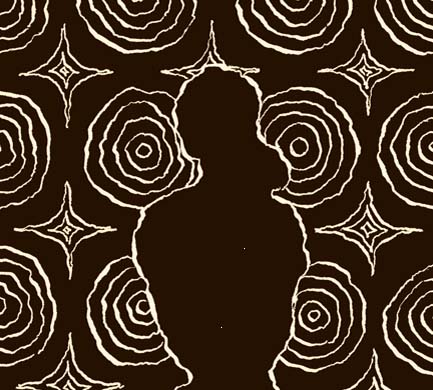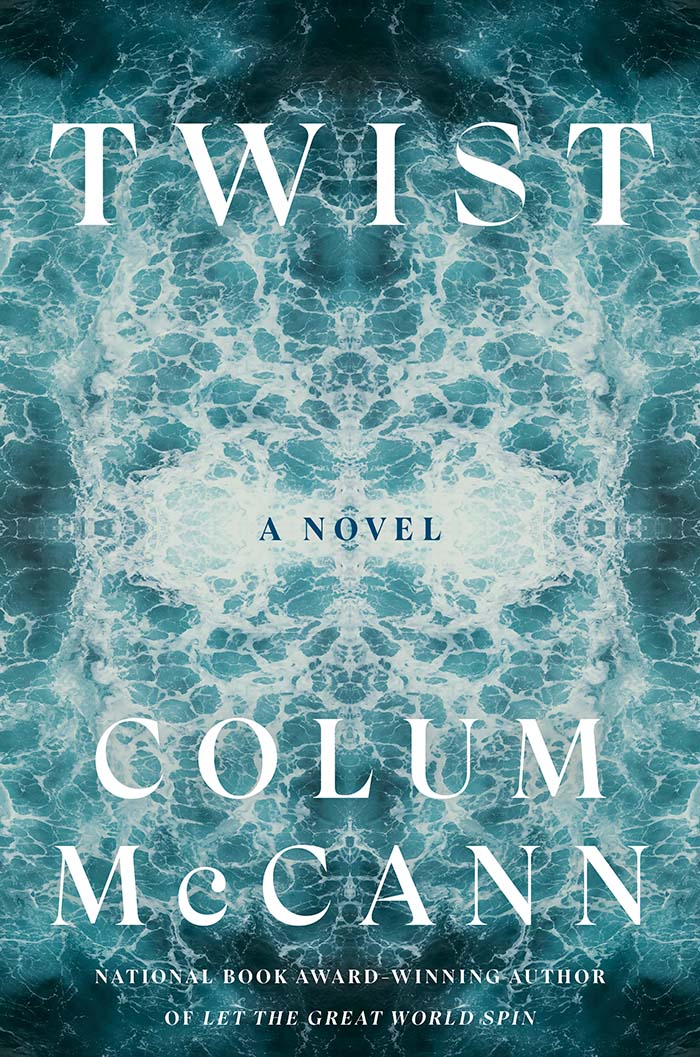
Creating Characters
Discovering who your character truly is, is one of the great joys of fiction writing. There is little better than creating someone from the dust of your imagination. But inventing a character from scratch is not simply a matter of ransacking the low shelves of the nearest fiction-supermarket. Your characters must be real. Full. Complicated. Flawed. We tend to think and analyze in broad sweeping characteristics (honesty, perception, integrity etc), but for the purposes of good storytelling you must know your character in the most exact, minute detail. Forget all the chatter about protagonist and antagonist, and all the workshop riffs about dynamic characters or static characters — what you must do is create someone real. There are times we must know our characters even better than we know ourselves. You must not only know what they had for breakfast this morning, but also what they wanted to have for breakfast. This doesn’t have to necessarily appear in the story you write, but you must know it all the same. The answer to any question should be on the tip of your tongue. Where was your character born? What is her first memory? What does her hand-writing look like? How does she cross at traffic lights? Why is there a burn mark at the base of her forefinger? You should be able to close your eyes and dwell inside that character’s body. You should know the sound of her voice. You should be aware of the sound of her footsteps. Does this sound extreme? So be it. Writing goes to all the extremities. If your writing is good, then your fictional characters will eventually become real in the world. Jay Gatbsy is real. Tom Joad is real. Leopold Bloom is real. (Or at least as real as the seven billion people in the world that we haven’t yet met). So you have as much responsibility to your invented characters as you do to those who appear in what we choose to call “real” life. But be careful when you write them into being. And be careful when you introduce them. Don’t overload us with too much early information at the beginning of the novel or story. We want to care about them. We have to have something happen to them. Something that matters. Something that jolts our tired hearts awake. Remember: writing a character into being is like meeting someone you want to fall in love with. You don’t care (yet) about the facts of his/her life. That will come later. Rather, you care about the texture of their lives or the drama they are caught up in. We are attracted by a moment in time – a singular moment — not by grand sweeping resumes or curriculum vitaes. So don’t generalize. Be specific. Don’t brush only one tooth. The reader must fall in love with your character quickly (or indeed, learn to hate them quickly). Later on in the novel we can settle down with them and get to know them, but first we must care deeply. A common saying in literature is that “character determines fate,” which (probably) means that a well drawn character will take actions consistent with his/her motivations. So, character helps determine a specific outcome in the story. But the story will be nothing if the character is not part of a great human stew. We have to make them so utterly human that the reader feels devastated at their loss. Nabokov says that his characters are just his galley slaves — but he’s Nabokov, and he’s allowed say things like that. Let me respectfully disagree. Your characters deserve your respect. Some reverence. Some life of their own. You must thank them for surprising you. Sometimes we take a character from our own immediate lives and we build a new person upon that scarecrow. Or sometimes we take well-known characters in history and shape them in new ways. Either way we have a responsibility to writing them into life. You owe as much responsibility to your imagination as you do to history. So how do we do this? What tricks can writers use to create new characters? Walk around with them for a while. Let them dwell for a time in the rattlebag of your head. Get to know them by closing your eyes. Make a mental list of who/what they are, where they come from. Appearance. Body language. Unique mannerisms. Childhood. Conflicts. Desires. Voice. (Remember: not just what they had for breakfast, but what they wanted to have). Give them a language of their own. Go for the smallest detail. Allow them to own it. Ask the most intimate thing about them. Why is it that they limp? Why is there dirt under only one fingernail? Where did the hip scar come from? At what moment did they first become conscious? Who would they vote for? What is the first item they shoplifted? Peer down into the deep well of details and then build from there. Ask them questions about themselves. If the writing is going well all of this will emerge unselfconsciously, but if you’re stuck, come up with ten provocations that you would like to ask. What makes them happy? What terrifies them? What do they feel most guilty about? (You’d be amazed how many writers never even ask these simple things of their characters). And, in the end, if you don’t know your character sit down and write a letter to them. Your first line might be: Why don’t I know you? You might be surprised by their reply. It is, after all, you writing back to yourself.
